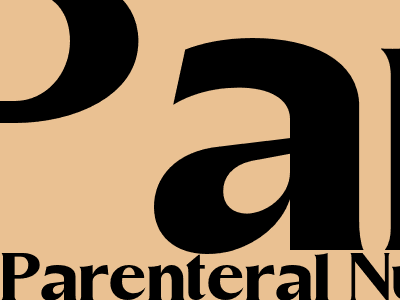A Comprehensive Guide to Parenteral Nutrition
What is Parenteral Nutrition?
Parenteral nutrition (PN) is a life-saving medical procedure that provides essential nutrients directly into a vein when a person cannot obtain adequate nutrition orally or enterally. It is a complex and specialized form of nutrition therapy that is typically administered in a hospital or long-term care facility.
Benefits of Parenteral Nutrition
- Provides complete and balanced nutrition
- Prevents malnutrition and its complications
- Supports healing and recovery
- Improves quality of life
Who Needs Parenteral Nutrition?
PN may be necessary for individuals who are unable to consume enough nutrients orally or enterally due to various medical conditions, including:
- Gastrointestinal disorders (e.g., Crohn's disease, ulcerative colitis)
- Malabsorption syndromes
- Severe burns
- Traumatic injuries
- Cancer
Types of Parenteral Nutrition
There are two main types of PN:
Total Parenteral Nutrition (TPN)
TPN provides all the necessary nutrients, including carbohydrates, proteins, fats, vitamins, and minerals, through an intravenous (IV) line. It is typically used for patients who cannot tolerate any oral or enteral intake.
Partial Parenteral Nutrition (PPN)
PPN provides some of the necessary nutrients intravenously, while the patient receives the remaining nutrients orally or enterally. It is used for patients who can partially meet their nutritional needs but require additional support.
Components of Parenteral Nutrition
PN solutions contain a variety of nutrients, including:
- Carbohydrates (e.g., glucose, maltose)
- Proteins (e.g., amino acids, albumin)
- Fats (e.g., lipids, triglycerides)
- Vitamins
- Minerals
- Electrolytes
Risks and Complications of Parenteral Nutrition
PN is generally safe and well-tolerated, but it can be associated with certain risks and complications, including:
- Infection
- Metabolic imbalances
- Liver problems
- Blood clots
Monitoring and Management of Parenteral Nutrition
Patients receiving PN require close monitoring to ensure proper delivery of nutrients and prevent complications. Regular blood tests and physical examinations are performed to assess nutritional status, electrolyte balance, and overall health.
The PN solution is tailored to each patient's individual needs based on factors such as age, weight, medical condition, and laboratory results.

Comments